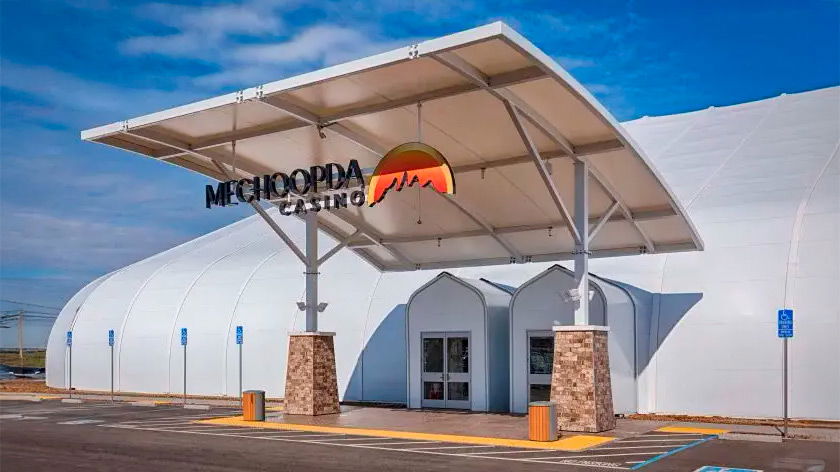Atlantic City casinos report 4,670 fewer jobs in October

Atlantic City's nine casinos reported 22,220 jobs in October, according to data submitted to state gaming regulators. The total number of people employed by the casino industry last month was 4,670 fewer — a decline of about 17% — than during the same month in 2019. The number of people employed by Atlantic City casinos was down by a double-digit percentage for the fourth consecutive month.
The New Jersey Division of Gaming Enforcement’s monthly report also remarks that the figures “include a significant number of individuals on furlough due to COVID-19," as reported by The Press of Atlantic City.
Since being permitted to reopen in early July after a nearly four-month mandatory shutdown, Atlantic City’s casinos have operated with capacity limitations and business constraints that have hampered their ability to offer a full range of services, therefore reducing labor needs.
“It’s getting tougher and tougher. These restrictions make a big difference,” said Steve Callender, president of the Casino Association of New Jersey and regional president for Caesars Entertainment Inc. He said as the state and the country grapple with the new surge in COVID-19 cases, fewer people are coming to casinos and “employment numbers are going to get worse, unfortunately.”
In October, both the number of full- and part-time jobs declined (21% and 42%, respectively) compared to 2019, while the number of positions reported as other — which includes seasonal, temporary, on-call and furloughed workers — rose by more than 22%.
Jane Bokunewicz, coordinator of the Lloyd D. Levenson Institute of Gaming, Hospitality & Tourism at Stockton University, said labor costs represent a large percentage of total expenses in casinos, “so unfortunately staff reductions are necessary to balance revenue fluctuations to keep properties operating profitably.” “The pandemic has simultaneously suppressed consumer demand and increased the cost of doing business because of safety precautions to protect employees and guests, forcing casino operators to scale back other expenses wherever possible,” she said.
Another casualty of the business climate is a reduction in hours and wages for those who are working, Callender said. “Nobody’s making the money they normally make (right now),” Callender said. “The people that are working, a lot of them aren’t working 40 hours. They’re getting trimmed here and there, and it’s a difficult situation for them.”
Ultimately, Callender said, the situation is unlikely to improve until there are easements on government restrictions and a return of consumer confidence. But that requires the pandemic to be under control. “Until we have some kind of medicine or vaccine, we’re not going to get to that point,” he said.

















































